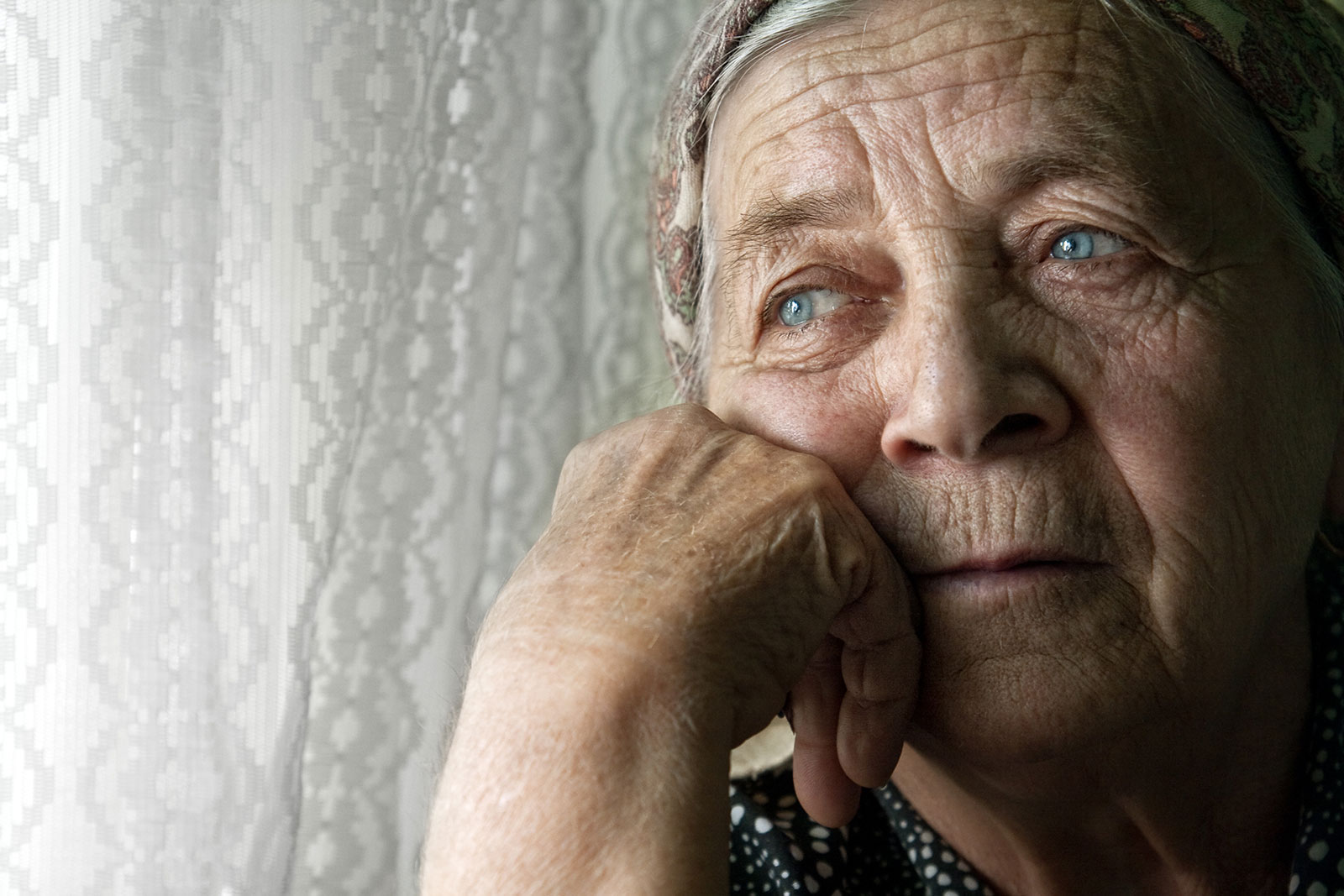In the past 8 years of doing 12 Days of Goodness, the statistics on seniors who are alone seem to get worse, and yet, I personally speak with many family members of seniors who say, “Mom doesn’t want to be around on Christmas”, “Dad doesn’t like going to restaurants anymore”, “My grandparents just like to stay home now, because it’s too big of a hassle to go out.”
In all fairness, please understand, that a seniors wishes and choices are be to respected, and at the same time, I feel it’s important to understand that the root of the issue may not be their lack of desire to be with family and friends, but overall, there could be some contributing factors to their self-imposed isolation.
Seniors who are from the Greatest and the Silent Generations are known for certain qualities. They tend to be prideful, and do not want to burden their kids or the people around them. They can tend to be fearful of their own vulnerabilities, so when you speak to them about including them over the holidays, bear in mind, it might be a smokescreen for what might really be going on.
Mobility Factors
If your senior loved one is in a wheelchair or has a walker or a cane, the thought of walking on ground unknown to them can be a scary situation. If there are stairs or obstacles it presents another challenge. A senior may tend to shy away from unfamiliar situations due to their fear of falling or being a burden to others. If this is the case, reassure them that you have taken the time to survey and plan for their attendance, and that you look forward to the time you will spend together.
Another factor may be the destination itself. Can they easily get to the bathroom? What about in and out of the car? Will there be challenges in navigating your home if there are stairs to getting there? If so, find a way to bring the party to them! Look for neutral ground where family can come together in an environment where a senior can easily get to the bathroom and feel comfortable.
Dietary Challenges
If your senior loved one has digestive issues, eating food that may be unfamiliar or contain ingredients that they are sensitive to can also be a factor in self-imposed isolation. Take the time to learn about foods they can eat and not eat. If they are diabetic, keep the candy dishes away for the time they are there, and offer items that are soft and easy to chew if they wear dentures. If your loved one is in assisted living, check with the dietary staff on their recommendations.
Incontinence
Nothing can be more embarrassing and humiliating than being incontinent. Even if a senior wears an adult diaper, there is the embarrassing factor of having someone to help them change out of it, and likely into another pair of pants, etc. If your loved one is incontinent, an ounce of prevention is worth a pound of cure- especially since they might avoid toileting due to not wanting to burden someone to help them. Take a moment upon your arrival at the event and check in with your loved one. If going to a restaurant, scope out the rest room well in advance before you need it, and request to be seated near it if possible.
Hearing or Vision Challenges
A lot of background noise like music, toys, or multi-conversations can be overtaxing on a senior. Vision challenges can also be a deterrent in being fearful of falling- due to the inability to see a path properly when walking. Have a conversation with family members and take turns to have someone with your loved one always. Keep background noise to a minimum. Keep the energy calm and restful.
Family Conflicts
As a person ages, “the fight” in them often will be diminished, and they will tend to avoid unpleasant situations that make them upset. Their mind may not work as it used to, and if there are conflicts with certain family members, these can be contributing factors of a senior not wanting to attend a family event.
I cannot emphasize enough that this is the time for relationships to be healed. It is the time for families to come together and let go of the past- no matter how bad it was- to come together and heal together. Find a good mental health counselor to work with your family members. Work together to find a compromise so that all of you can be together.
If this truly isn’t possible, then find a way to separate your celebration so that there is a way for your senior loved ones to be included.
Anxiety
As a person ages, their world becomes smaller and smaller. Life becomes simpler. If your loved one is introverted, they may retreat even further into themselves as they get older. Find small ways to include them. Maybe instead of the big dinner with all the family, a few of you get together on Christmas Eve, or Christmas afternoon. Perhaps it’s a lunch or dinner out on separate days for different family members with your senior loved one. Be mindful of what might work best for a senior who may feel anxiety or anguish over being with a large crowd.
Dementia
If a senior is experiencing early or later stages of dementia, no doubt, there will be challenges on both sides in including them in your family gathering, but it certainly can be done. Depending upon the stage of dementia they are experiencing, having people who they are very familiar with will be key to making sure they are ok and calm during the holidays. Steer clear from a lot of flashing lights. Keep interactions brief, calm, and loving. Don’t react if your loved ones’ mental filters come back with inappropriate or hurtful comments. See them instead with love in your heart and count your blessings that they are still with you.
If they are in later stages of Dementia or Alzheimer’s, it is still vitally important for you as their family to touch them in some way. Keep your visit short, but by all means visit! As a family, take turns to spend even 15 minutes to visit them. A great way to interact is to bring a photo album and tell them you brought pictures for them to look at. Keep the conversation light and loving. If they don’t know who you are, it’s ok. Just allow the conversation to flow.
If they are in a care facility, take a moment to speak to staff about tips in communication. They can be a great bridge to helping the holidays be better for everyone.









